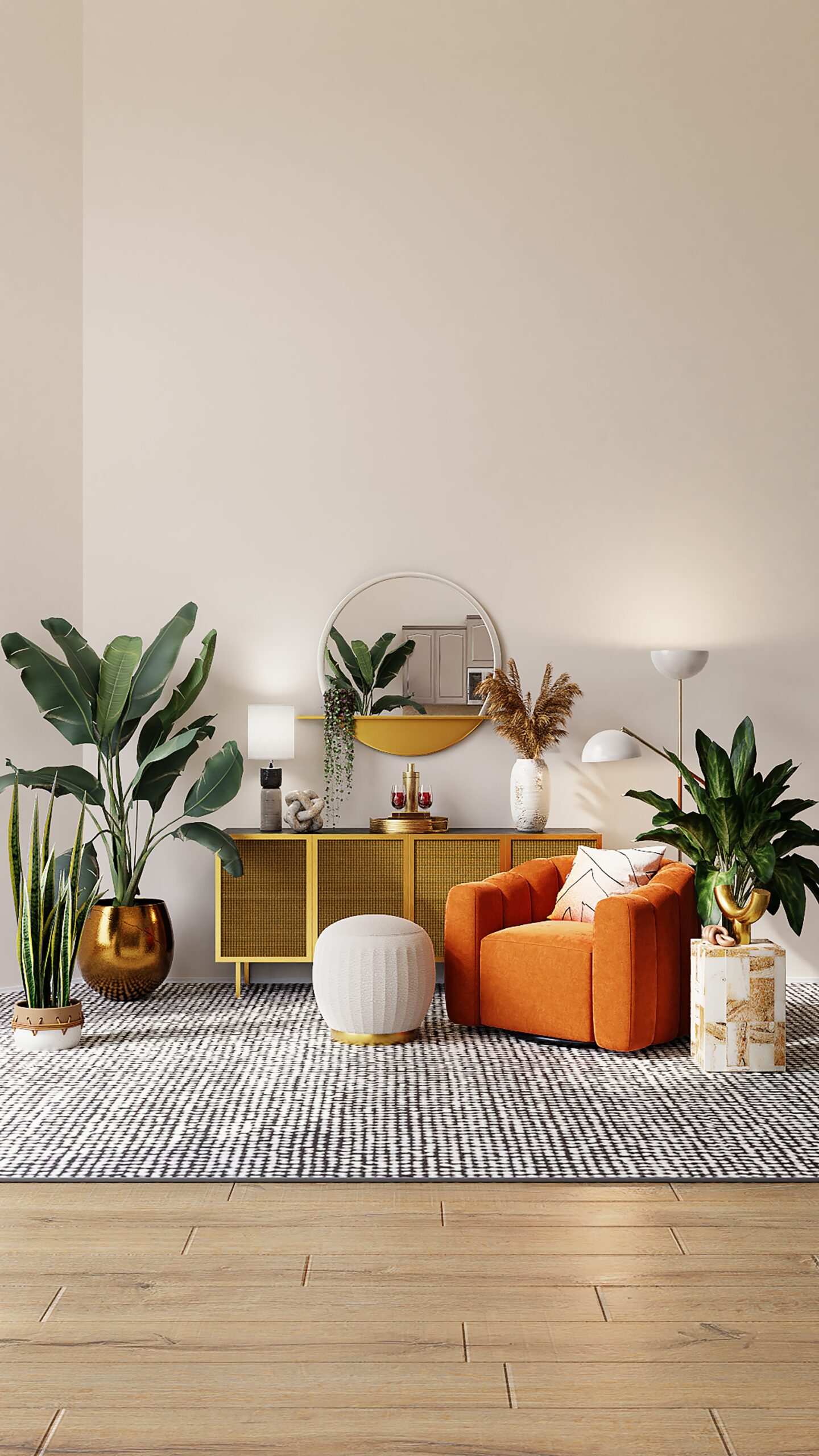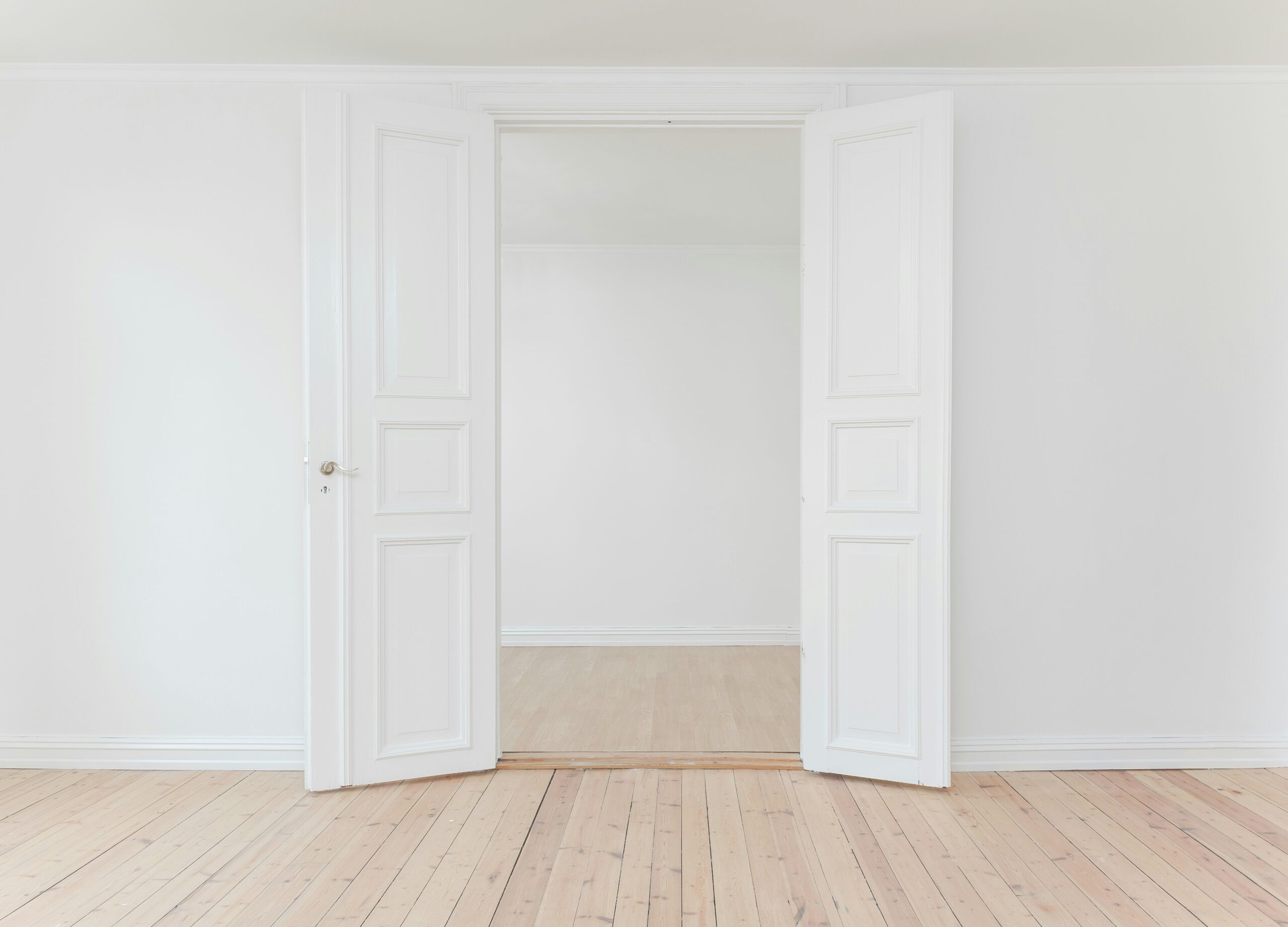1. Bachelor’s Degree in Interior Design: One of the most common qualifications for an interior designer is a bachelor’s degree in interior design or a related field. This degree program provides students with a solid foundation in design principles, space planning, color theory, and materials. It also includes courses in computer-aided design (CAD) software, which is widely used in the industry.
2. Certification: In addition to a degree, many interior designers choose to obtain professional certifications to enhance their credentials. The most recognized certification in the field is the National Council for Interior Design Qualification (NCIDQ) certification. To be eligible for this certification, candidates must have a combination of education and work experience and must pass a rigorous exam.
3. Strong Design Skills: Along with formal education and certification, interior designers must possess strong design skills. This includes a keen eye for aesthetics, an understanding of design principles, and the ability to create functional and visually appealing spaces. Interior designers must also stay updated with the latest design trends and be able to adapt their style to meet the needs and preferences of their clients.
4. Knowledge of Building Codes and Regulations: Interior designers must have a thorough understanding of building codes and regulations to ensure that their designs comply with safety standards. This includes knowledge of fire codes, accessibility requirements, and electrical and plumbing regulations. Being well-versed in these codes and regulations not only ensures the safety of the occupants but also helps prevent costly mistakes and delays in the design process.
5. Communication and Collaboration Skills: Interior designers often work closely with clients, architects, contractors, and other professionals involved in the construction or renovation process. Therefore, strong communication and collaboration skills are essential. Interior designers must be able to effectively communicate their ideas, listen to the needs and preferences of their clients, and collaborate with other professionals to bring the design vision to life.
6. Technical Skills: In today’s digital age, interior designers must be proficient in various software programs and technologies. This includes CAD software for creating detailed floor plans and 3D renderings, as well as graphic design software for creating presentations and visualizations. Additionally, interior designers should have a good understanding of lighting design, furniture and material selection, and project management tools to effectively manage their projects.
Overall, the qualifications for an interior designer go beyond just having a creative eye. It requires a combination of education, certification, design skills, technical knowledge, and effective communication. By obtaining the necessary qualifications, aspiring interior designers can position themselves for success in this competitive field.
1. Degree in Interior Design
A degree in interior design is one of the most common qualifications sought by employers in the industry. This program provides comprehensive knowledge and training in various aspects of interior design, including space planning, color theory, materials, and lighting. It equips students with the skills needed to create functional and aesthetically pleasing interior spaces.
During the course of the degree program, students may also have the opportunity to gain practical experience through internships or work placements. This hands-on experience can be valuable in building a portfolio and developing a network of industry contacts.
Furthermore, a degree in interior design offers students the chance to explore different design styles and techniques. Courses may cover topics such as historical influences on interior design, contemporary trends, and sustainable design practices. This broad understanding of design principles allows graduates to approach projects with a well-rounded perspective and adapt to the ever-changing demands of the industry.
In addition to the technical skills acquired during the degree program, students also develop critical thinking and problem-solving abilities. They learn to analyze client needs, interpret design briefs, and propose creative solutions that meet both aesthetic and functional requirements. This ability to think critically and creatively is highly valued in the field of interior design, as it allows professionals to approach each project with a fresh perspective and develop unique design concepts.
Moreover, a degree in interior design provides students with a solid foundation in the business side of the industry. Courses may cover topics such as project management, budgeting, and client communication. This knowledge is essential for interior designers to effectively manage their projects, collaborate with other professionals, and ensure successful outcomes for their clients.
Overall, obtaining a degree in interior design is a crucial step towards a successful career in the industry. It not only provides students with the necessary technical skills and knowledge but also instills in them the creativity, critical thinking, and business acumen required to thrive in this competitive field.
Completing a foundation degree or Higher National Diploma (HND) in interior design can be a valuable asset for individuals seeking employment in the field. These programs offer a more specialized and practical approach to learning, focusing on developing technical skills and industry-specific knowledge.
A foundation degree or HND can provide individuals with a solid foundation in interior design principles and techniques. Students will have the opportunity to learn about various aspects of the field, including space planning, color theory, materials and finishes, and sustainable design practices. Through hands-on projects and practical assignments, students can develop their creativity and problem-solving abilities, as well as gain experience working with industry-standard tools and software.
One of the advantages of pursuing a foundation degree or HND is the shorter duration of the program. While a full degree program typically takes three to four years to complete, a foundation degree or HND can be completed in two years or less. This makes it an attractive option for individuals who are looking to enter the workforce sooner or those who may have financial constraints.
Furthermore, the cost of a foundation degree or HND is often more affordable compared to a full degree program. This can be advantageous for individuals who are seeking a more cost-effective option for their education. Additionally, some employers may value the practical skills and industry-specific knowledge gained through a foundation degree or HND, making candidates with these qualifications more competitive in the job market.
In conclusion, while a degree in interior design is highly regarded by employers, completing a foundation degree or HND can also be a viable pathway to a successful career in the field. These programs offer a more focused and practical approach to learning, providing individuals with the necessary skills and knowledge to excel in the industry. Whether one chooses to pursue a full degree program or a foundation degree/HND, the key is to acquire the relevant skills and experience needed to stand out in the competitive field of interior design.
3. Qualifications in Relevant Subjects
While a degree or diploma in interior design is the most common qualification sought by employers, they may also value qualifications in related subjects. These qualifications can provide a broader knowledge base and enhance your understanding of the design industry as a whole.
Some of the relevant subjects that can complement a career in interior design include:
- Architecture: A background in architecture can provide a deeper understanding of the structural and technical aspects of interior design. It can help you develop skills in spatial planning, building regulations, and construction methods. For example, studying architecture can give you a comprehensive understanding of how to design spaces that are not only aesthetically pleasing but also functional and safe. You will learn about different architectural styles, materials, and techniques, which can greatly inform your interior design decisions.
- Fine Art: A qualification in fine art can enhance your creativity and artistic skills. It can help you develop a unique design style and explore different mediums and techniques. Fine art courses often focus on developing a strong sense of aesthetics, color theory, and composition. These skills can be directly applied to interior design, allowing you to create visually stunning and harmonious spaces. Additionally, studying fine art can also help you understand different art movements and their influence on design, enabling you to incorporate elements of various styles into your work.
- Graphic Design: Graphic design skills can be valuable in creating visual presentations and communicating design ideas effectively. It can also contribute to developing skills in digital rendering and visualization. In today’s digital age, being proficient in graphic design software such as Adobe Photoshop and Illustrator is essential for interior designers. These tools allow you to create detailed floor plans, 3D models, and realistic renderings, helping clients visualize the final result. Moreover, graphic design principles such as typography and layout can be applied to creating visually appealing mood boards, presentations, and marketing materials.
- Textile Design: Knowledge of textiles and fabrics can be beneficial in selecting appropriate materials for interior spaces. It can also help you understand the impact of textures and patterns on the overall design aesthetic. Textile design courses often cover topics such as fabric properties, color theory, and pattern making. This knowledge can assist you in choosing fabrics that are not only visually appealing but also durable and suitable for specific applications. Understanding the different characteristics of various textiles allows you to make informed decisions when it comes to upholstery, curtains, rugs, and other soft furnishings.
Having qualifications in these relevant subjects can provide a well-rounded education and make you a more versatile and knowledgeable interior designer. By combining the technical knowledge from architecture, the artistic skills from fine art, the communication abilities from graphic design, and the understanding of textiles, you will be equipped with a diverse skill set that sets you apart in the industry. These qualifications not only enhance your expertise but also demonstrate your commitment to continuous learning and professional development, making you a highly sought-after candidate in the competitive field of interior design.




